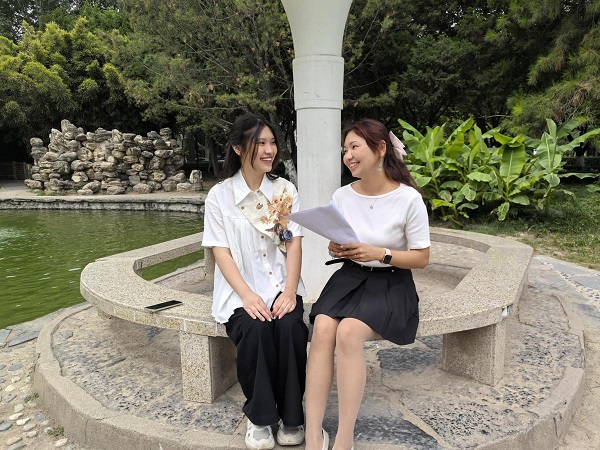XJTU research team makes progress in electrolytes for lithium-sulfur batteries
A research team led by Professor Xi Kai at Xi'an Jiaotong University (XJTU) has introduced a groundbreaking electrolyte additive strategy for lithium-sulfur (Li-S) batteries, addressing key issues like polysulfide shuttle and slow conversion kinetics that lead to rapid capacity decay.
The team's approach involves the use of a redox regulator (RR) additive, 4-mercaptopyridine (4Mpy), to dynamically adjust the conversion pathway of polysulfides, which are crucial intermediates in Li-S battery chemistry. Unlike conventional additives, 4Mpy forms lithium pyridine thiolate (Li-pyS), which can reversibly participate in polysulfide conversion during charging and discharging. This mechanism effectively mitigates shuttle effects, enhances redox stability, and supports three-dimensional lithium sulfide (Li2S) formation, thereby boosting reaction kinetics and battery cycle life. Under a sulfur loading of 10.88 mg cm-2, this modified Li-S battery achieves an impressive discharge capacity of 10.05 mAh cm-2.
This innovative approach not only provides a solution for overcoming the slow conversion kinetics of polysulfides in Li-S batteries but also offers valuable insights into electrolyte design for other dissolution-deposition type metal batteries.
The study, titled "Dynamically Regulating Polysulfide Degradation via Organic Sulfur Electrolyte Additives in Lithium-Sulfur Batteries", has been published in Advanced Energy Materials, marking a significant contribution to the advancement of next-generation energy storage technologies.
PhD student Deng Teng is the primary author of the paper. Other contributors include professors Ding Shujiang and Tang Wei, associate professors Wang Jianan and Zhao Hongyang from XJTU, and one associate professor and one professor from two other universities.

